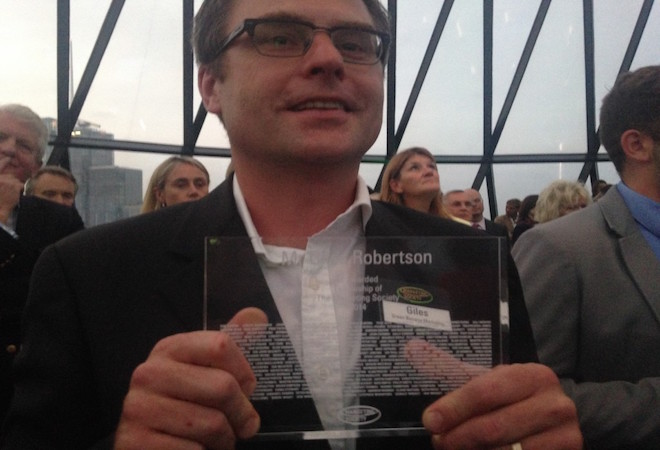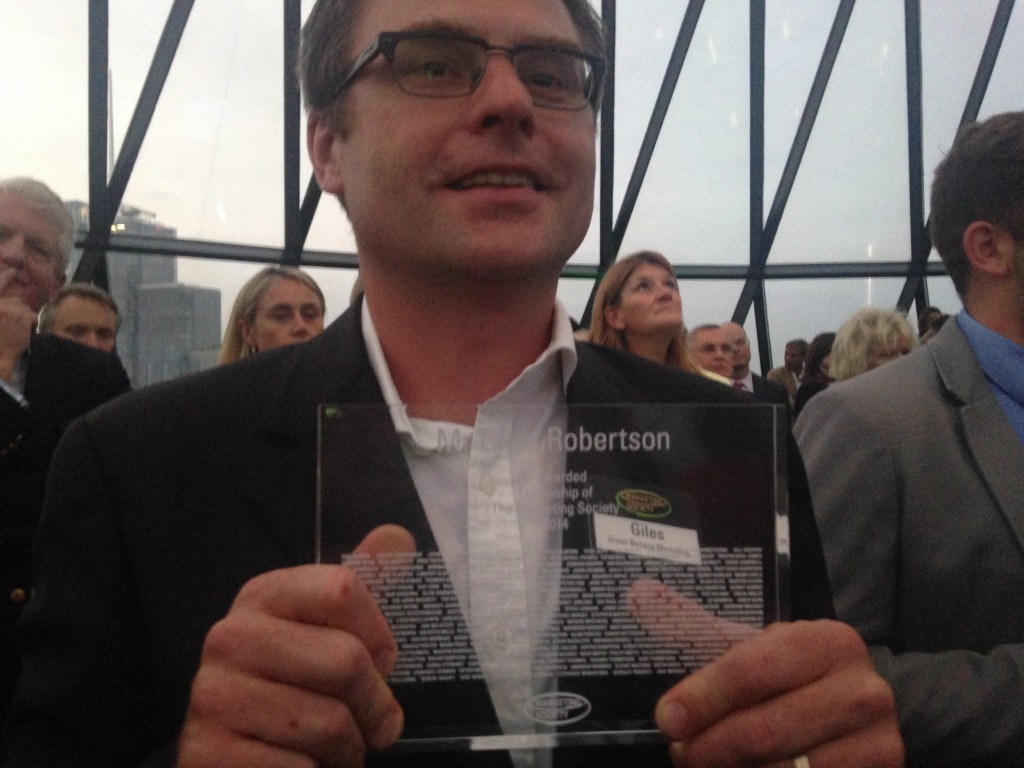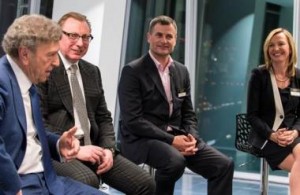
It was back in 2005 that I launched the Marketing Society not-for-profit group – a small thought leadership group for charity marketing folk. The Marketing Society backed the new group and have been stellar supporters ever since of charity and cause related marketing. Little did I know then that the Society would honour me with a Fellowship all these years later. I have admired previous Fellows, and secretly each year at the ceremony, wondered how they managed to achieve their awards…
Receiving the award was a good moment to reflect on the charity sector and the work we’ve done. Above all else, the thing that stands out most is the real passion people in those organisations have for their causes and for making a difference. This, to coin the words of Greenpeace, has often meant “stopping wrongs”, which is not a bad thing to say about your day job!
A redefined Marketing Society vision is also more hands-on and about making a difference in your work; “inspiring bolder leadership” including the work to support sustainability and good causes.
Charities have also taken a long hard look at their visions to meet the needs of today’s demanding supporters who want more transparency and greater action. Macmillan are about supporting and being there for the journey with cancer, Oxfam are about changing lives for the better – lifting people out of poverty. Charities have become more action oriented around fewer issues, which is a good thing. Passion and leadership doesn’t have to come from the global North. Companies like Unilever with their 5 Levers for change and the Fairtrade Foundation, addressing sustainability and poverty, have found that people care as deeply about sustainability in emerging markets such as China and Brazil, and these countries now bring great leadership and inspiration to the table.
And organisations like Amnesty have relocated their resources to be closer to where human rights abuses are happening. There is no point in standing on the edge of the issue. I remember Blake Lee-Harwood at one event, Greenpeace’s then Director of Campaigns, telling us how Greenpeace ‘practiced what they preached’. Still guided by the words of one of the early founders, Harald Zindler – “the optimism of the action is better than the pessimism of the thought”. Today all members of Greenpeace staff are expected to ‘stop a wrong’ or to try and ‘replace it with a right’. It is simplicity and passion at work. Take their fight against Lego partnering with Shell, who are battling to dig up the Artic, and you see the same approach at work. Seb Coe talked about his role in bringing the Olympic games to Africa, one of his stated dreams, at a Marketing Society hosted evening. His vision is to make health and sport a part of everyone’s life and normalise disability in sport. I hope that the Marketing Society continue to play a pivotal role in inspiring people to see optimism and opportunity in life changing action.



